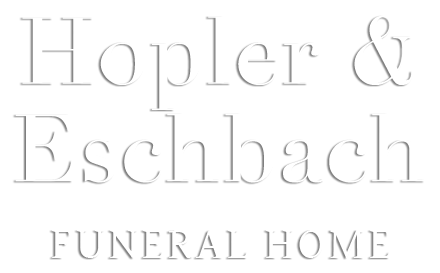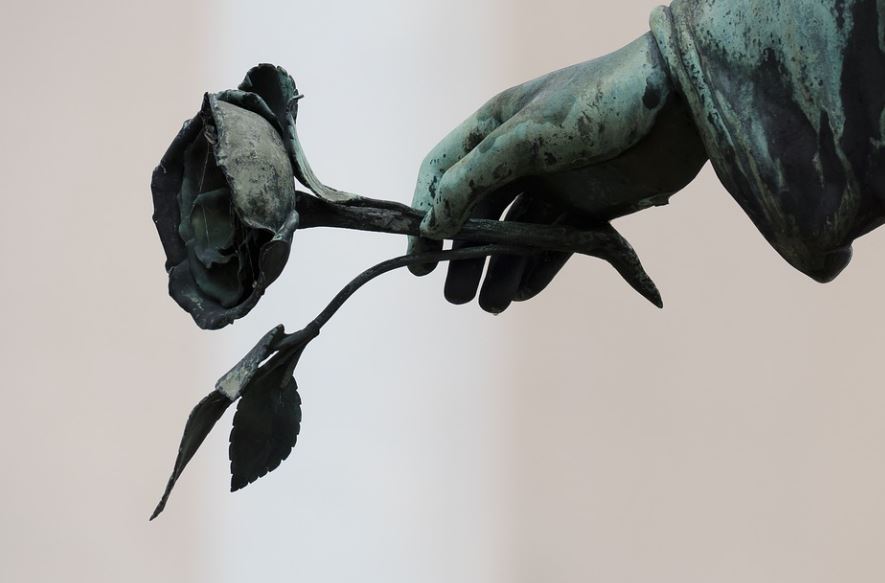Why You Might Benefit From Grief Counseling


After funerals at funeral homes, grief will settle in deeply as family members go home, friends and neighbors move back into their normal routines, and the vast amount of comfort and support just after a loved died is suddenly gone.
Grief is very normal, and it is usually very intense in the early days, weeks, and months after a loved one has died. That intensity comes from the love felt, the bond shared, and the experiences and memories lived. It’s important to take time to grieve, to feel the loss, and feel the pain and sorrow associated with that.
But there may come a time, perhaps many months or years later, when intense grief is still omnipresent and there doesn’t seem to be a way to break out of it. There are several signs of extended intense grief that may indicate that you might benefit from grief counseling.
One sign is being numb to all emotion. Most grief includes feelings of sadness, temporary confusion, and perhaps fear or anger. However, not being able to feel any emotion is a good indication that grief counseling might be beneficial.
Another sign is avoiding spending time with family and friends. For some people, processing grief by themselves is easier than being around other people because it can help them sort out their feelings. However, if you find yourself persistently avoiding all interaction with friends and family, then you may benefit from grief counseling.
Life continues on even when people grieve. Feelings of guilt, initially, about laughing, enjoying life, and feeling good are normal in the early stages of grief. But if this kind of guilt persists for an extended period of time, then it may be a sign that you could derive benefit from grief counseling.
A fourth sign is being very apprehensive about new relationships. Since the death of a loved one is a loss, the fear of losing someone is a normal part of the grief process that gradually diminishes with time. However, if a lot of time has passed since the death of your loved one, and you are still keeping new relationships at arm’s length or avoiding them altogether because you’re terrified that you’ll experience loss all over again, it might be beneficial for you to seek out grief counseling.
Escapism is another sign that grief counseling might be beneficial. Escapism can manifest itself in two ways. One way is extreme busyness. If you find yourself cramming every waking moment with something to do, you may be trying to escape taking the time to grieve and process the loss you have experienced.
Another type of escapism is substance abuse. If you find yourself drinking too much or taking drugs (prescription or illegal) regularly, you may be trying to escape dealing with the death of your loved one by altering your brain chemistry.

A sixth sign is not being able to resume normal activities. There will be a period of time immediately after the death of a loved one where the last thing on your mind will be getting back into the routine of life. This is normal because the routine you had is gone and new one has to take its place.
If you find that you are still unable to resume your normal activities, including eating regularly, sleeping well, and returning to school or work, several months after the death of your loved one, you could probably benefit from grief counseling.
If you need grief resources after funerals at funeral homes, our empathetic and knowledgeable staff at Hopler & Eschbach Funeral Home can assist you.



